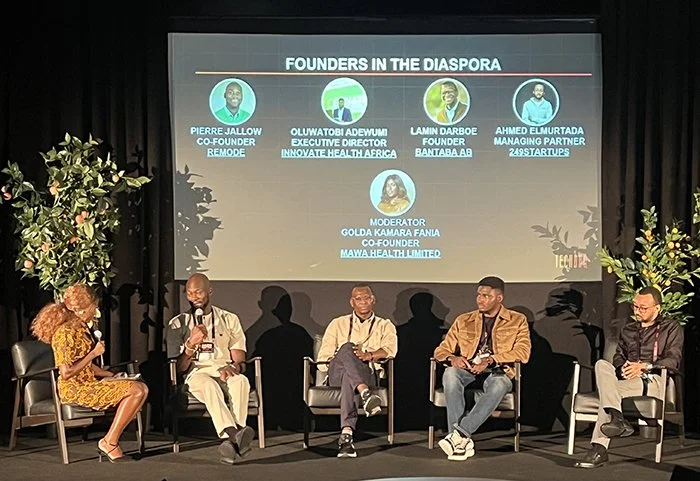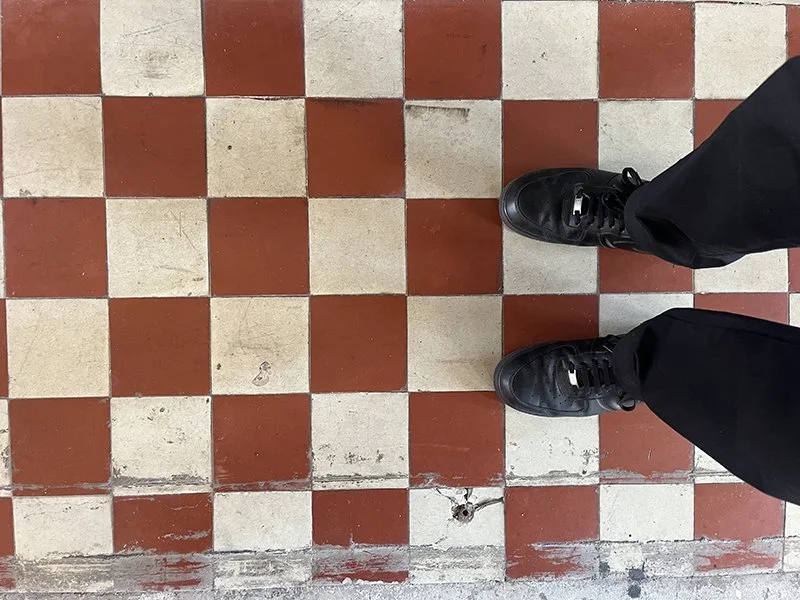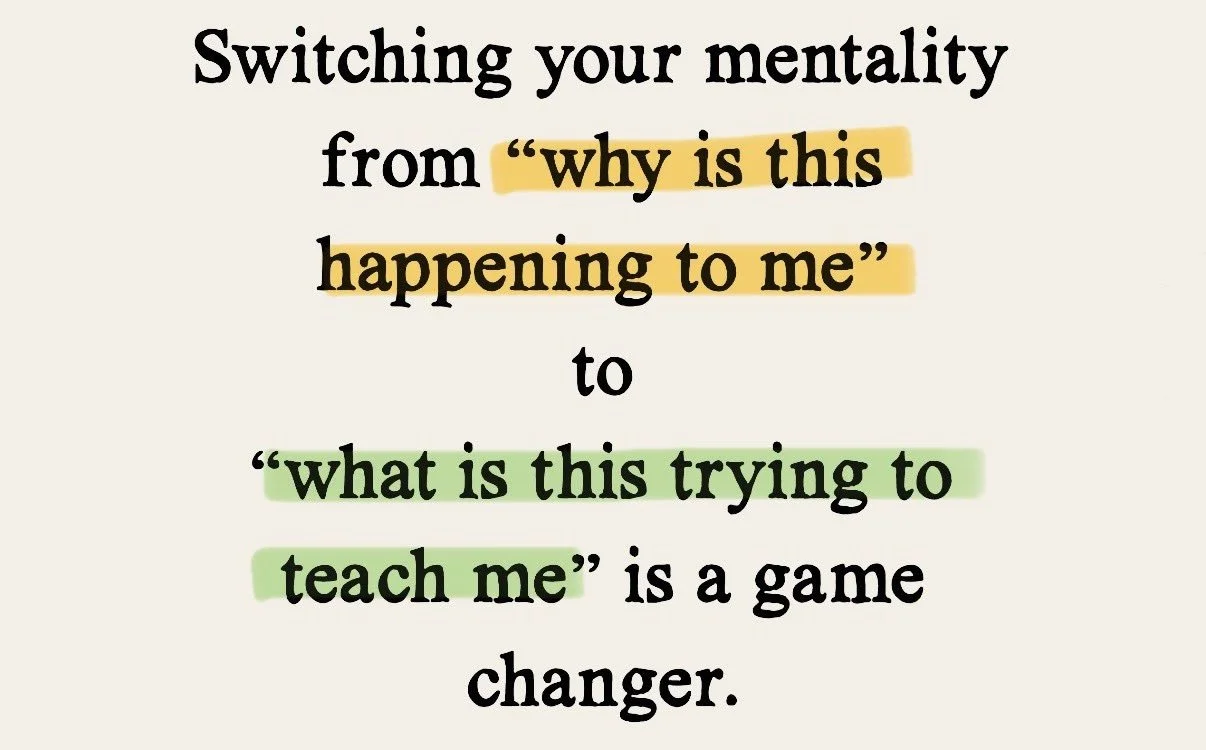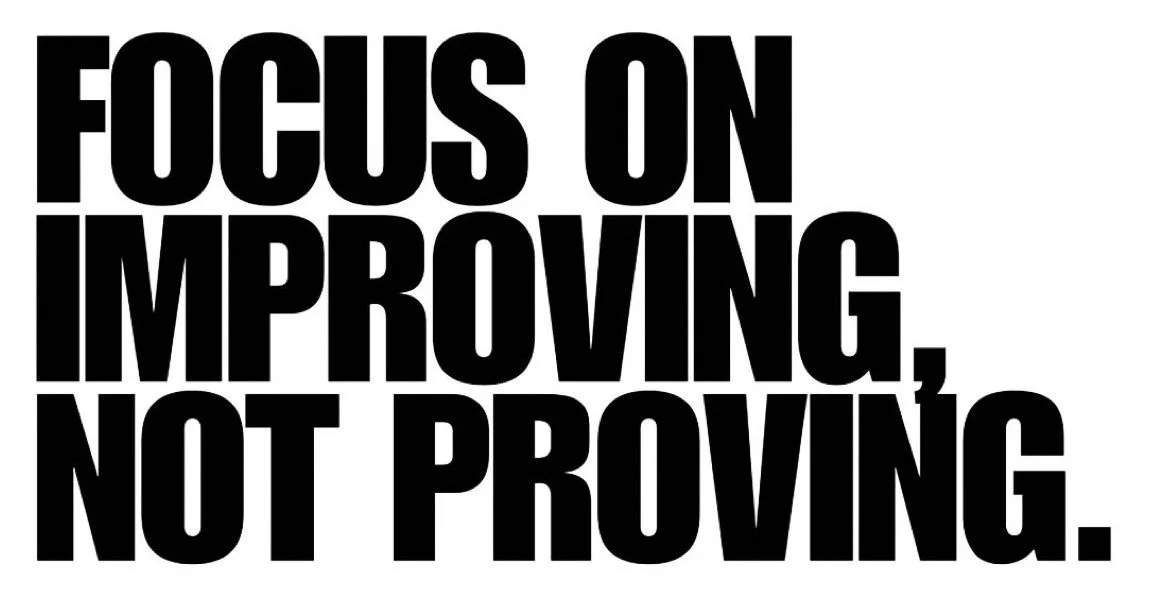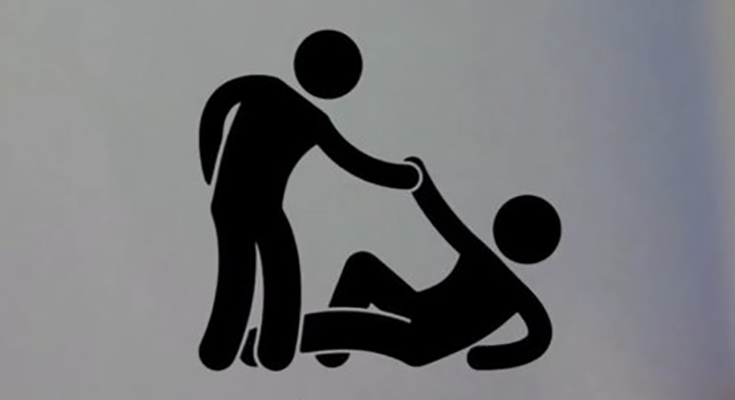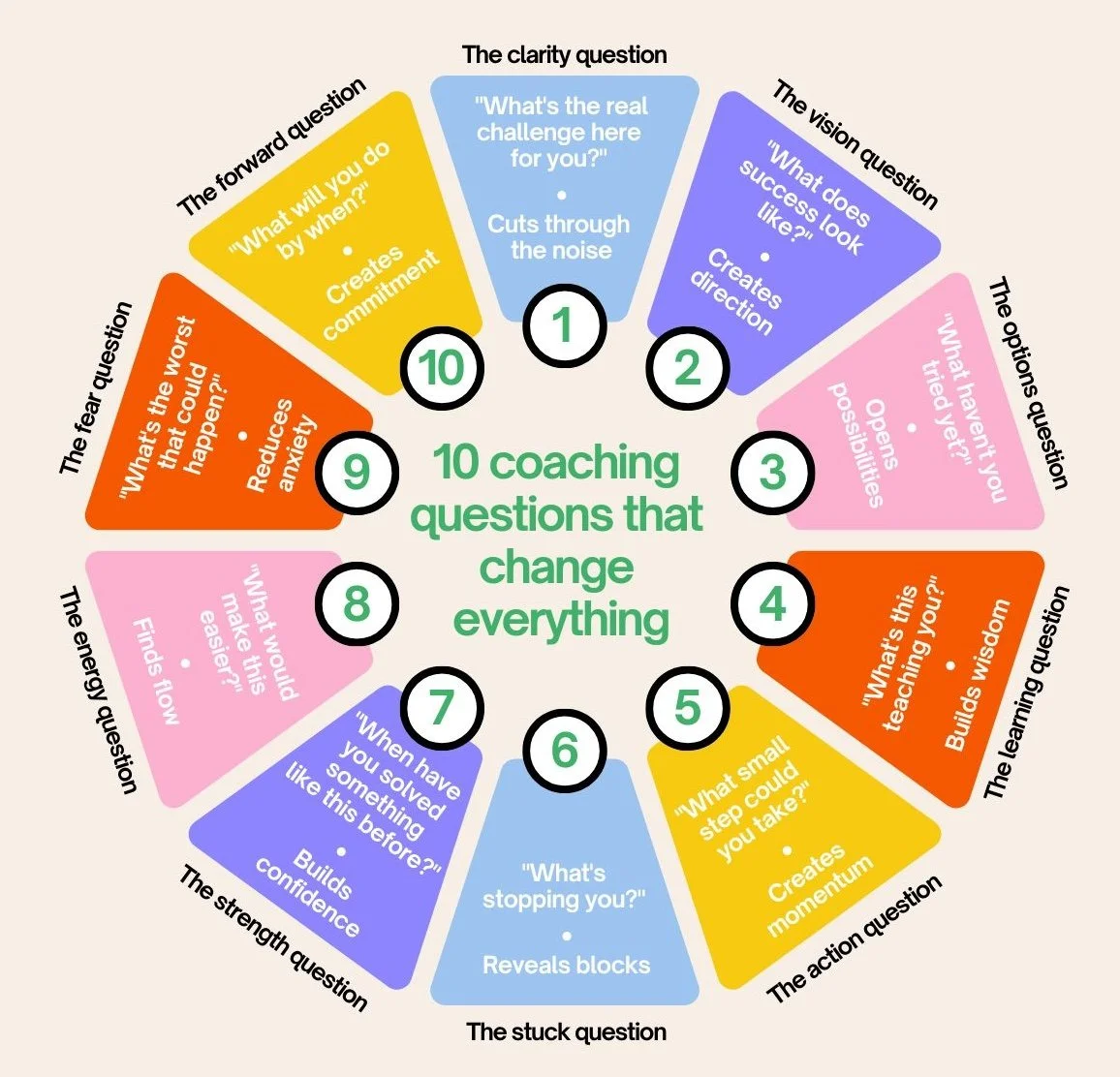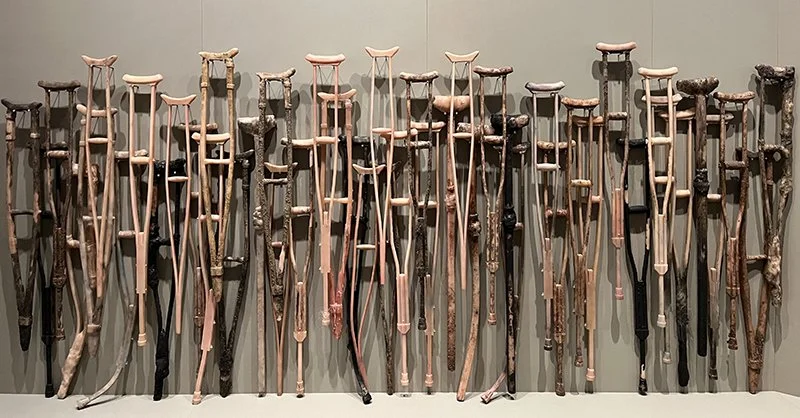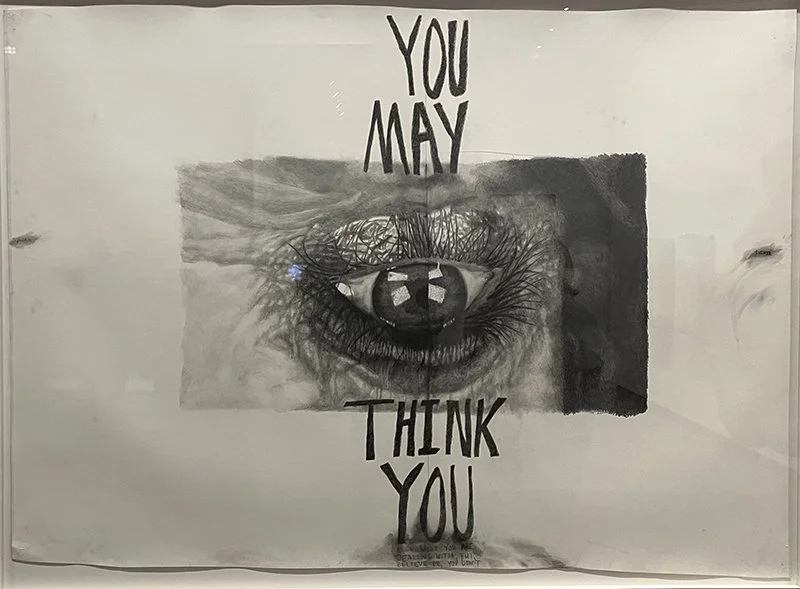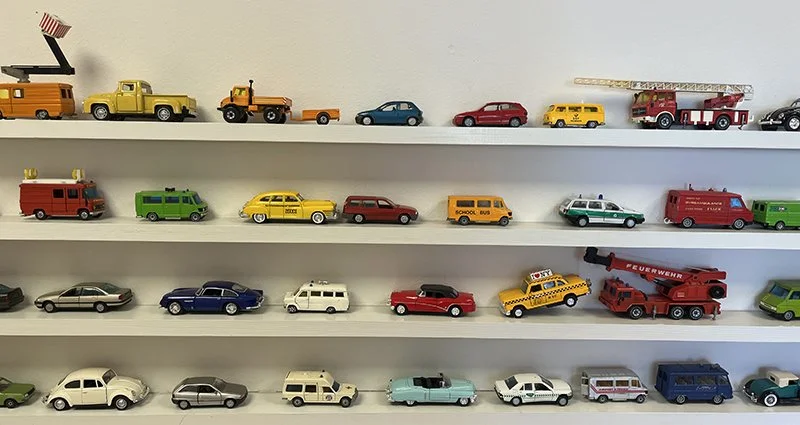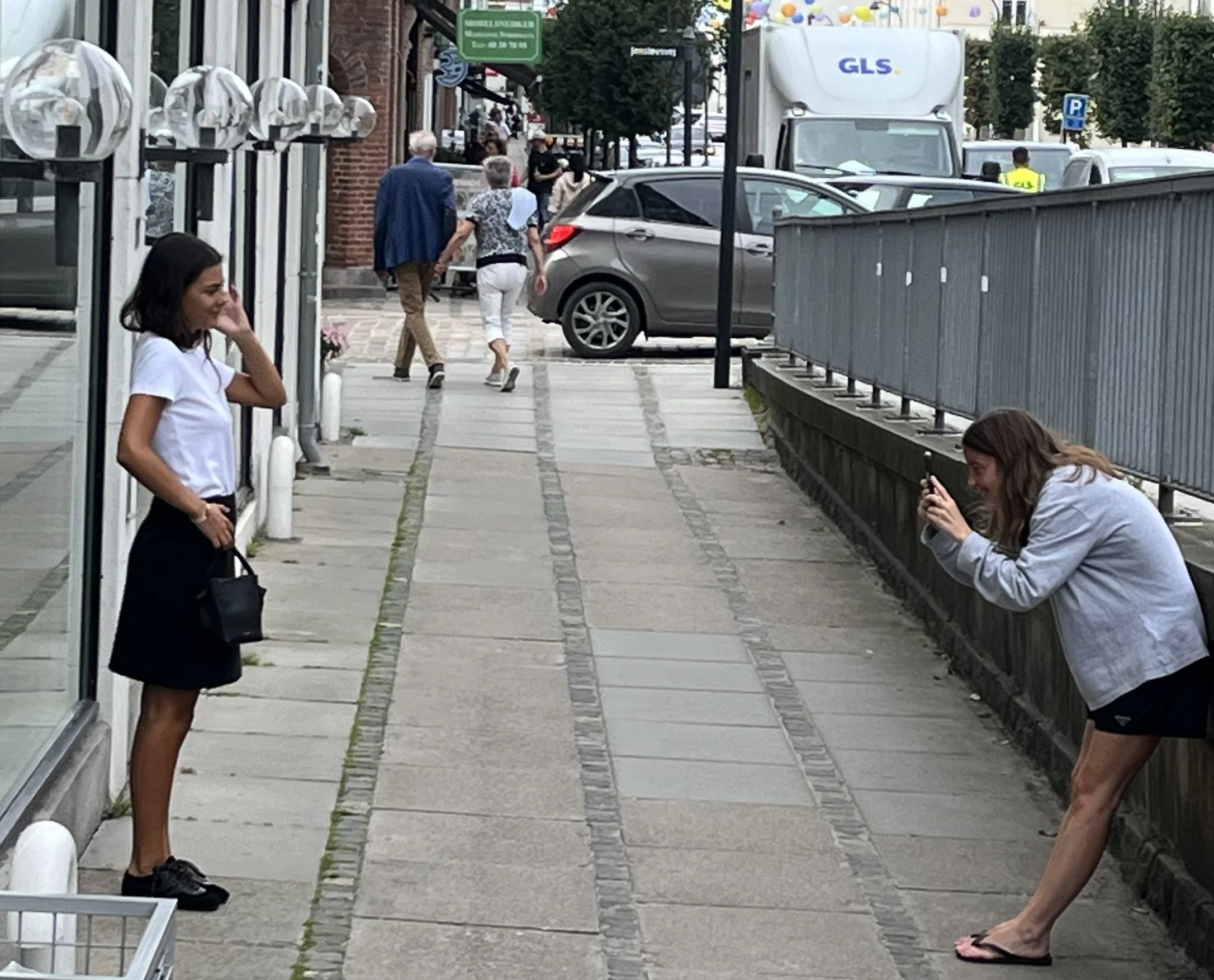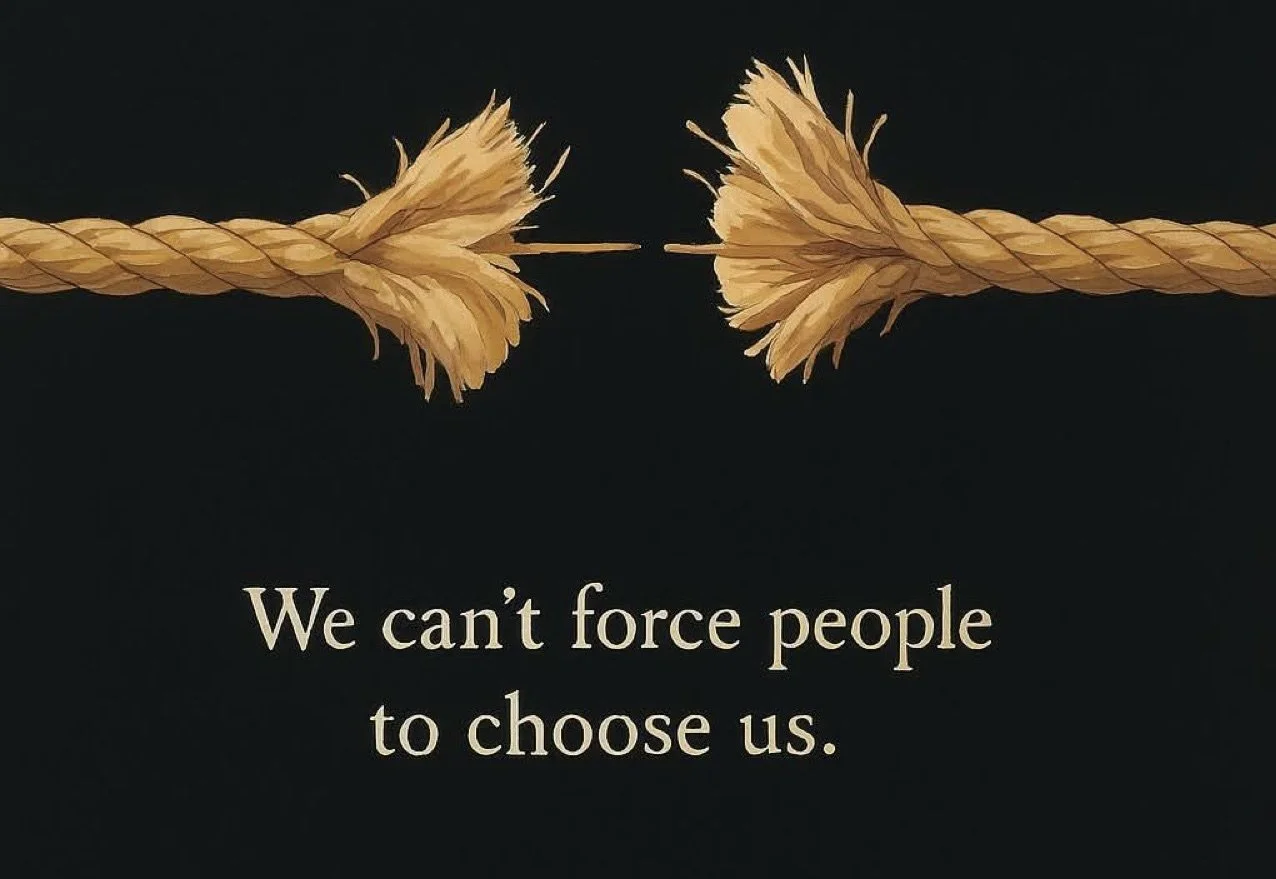I think the most valuable people in the future will be those who remain deeply connected to their humanity. While AI can simulate emotions, only humans truly experience them. In the same way, someone who has taken every emotional intelligence training might know all the right things to say and score highly on assessments yet still feel emotionally hollow. They have the answers, but not the substance behind them, and this mirrors AI’s ability to provide emotionally intelligent responses without actually feeling anything.
Feet are made for walking
A person who is truly comfortable being alone is powerful.
If you disrespect them, they will walk away.
If you overstep their boundaries, they will cut you off.
If you try to manipulate them or threaten to leave, they will gladly hold the door open. Why?
I think it’s because they don’t need you in their life, they choose to let you be in it, and that is what makes them so dangerous.
The Penrose triangle
The Penrose triangle, or "impossible triangle," is a fascinating optical illusion first described in the 1950s by mathematician Roger Penrose. It appears to be a solid object, yet it cannot exist in three-dimensional space.
You are not passive
Calm leadership reflects controlled power in motion. It shows up in how you manage pressure, make decisions, and create space for others to think and contribute. Rather than suppressing emotion, effective leaders understand it, channel it, and use it as a guide. With the right tools, you can respond with clarity instead of reacting on impulse, meeting challenges with focus, resilience, and confidence.
Where's your focus?
When you become a senior executive, no one expects you to do the work of an individual contributor, they expect you to lead at a senior executive level. The problem is, many leaders are not ready for that shift because they were never coached or prepared for the demands of senior executive responsibilities.
Coaching imposter syndrome begins with building a culture of coaching. It requires understanding that competence is not only about performing the job to a certain standard of “what good looks like.” It’s also about how others perceive you in the role. That perception isn’t shaped by occasional excellence, it’s shaped by consistent behavior, every single day. Contact me via email if you would like to have a informal discovery conversation.
How can I help?
Being a professional coach gives me a strong sense of identity and achievement. Our understanding of what it means to be an expert in a trade has evolved, and so has the idea of professions. The International Coaching Federation’s core competencies and code of ethics serve as an essential framework for how to conduct a coaching session.
I think a professional coach demonstrates four key qualities:
1. A shared purpose – connected to a greater good,
2. A body of knowledge – widely recognised and accepted,
3. Demonstrated skills – through consistent actions and behaviours,
4. Meeting stakeholder expectations – addressing the needs of a wider society.
If you are curious about how coaching could support your growth, contact me via email to arrange a confidential discovery meeting.
Coaching questions
“There are more questions than answers
Pictures in my mind that will not show
There are more questions than answers
And the more I find out the less I know
Yeah, the more I find out the less I know”
It's a journey
The best leaders I know are much like the best scientists: they balance two qualities in equal measure, humility to admit what they don’t know, and curiosity to keep seeking new knowledge. That combination is what turns leadership into a journey rather than a destination. Leadership isn’t about certainty, I thnk it’s about courage, openness, and a willingness to evolve.
Coach Burrell
When I coach, I don’t justify or explain the process to make it acceptable, I do it to help build a culture where people have patience with themselves and with others as they work through the challenges they face. Coaching is always confidential. I never speak about my clients, though they may choose to speak about Coach Burrell.
Throughout my career I have seen far too many people promoted into roles they were not fully prepared for. This often leads to two outcomes: they either take away empowerment and lead with command and control, or they struggle with imposter syndrome, feeling unworthy of the position. The best time to prepare someone for their next role is before they step into it. Contact me via email if you would like to have a informal discovery conversation.
Cognitive complexity
I am a non-conformist not because I reject authority but because I refuse to blindly accept it. I have sat in rooms where two authority figures disagreed, and those moments shaped me: they taught me cognitive complexity and gave me the courage to challenge the status quo. When there’s no single “right answer” coming from above, critical thinking and responsibility become essential. And the one principle I hold onto: don’t let your ideas become your identity.
Don't overshare information
The key to remaining transparent and authentic lies in balancing honesty with professionalism. Being authentic means having clear values, believing in them, and acting in alignment with what you think is right. It doesn’t require sharing every emotion with everyone at all times. Transparency involves openness, and it must be exercised with discretion. I think you need to be honest, but never to the point where honesty crosses into unprofessionalism.
Are you available?
If someone watched you for a week, would they believe you are serious about your goals? Would they see discipline, effort and consistency? Or would they see distractions, procrastination, and wasted time? You don’t have to tell people what you want, as how you spend your days already does. Contact me via email for a confidential one-to-one meeting.
Small actions
Our mission in life should be to make a positive difference, not to prove that we are smart, and not to prove that we are right. Ego takes over when we become more focused on showing how smart or right we are, instead of focusing on creating real, positive change.
It’s important to market yourself and build credibility. And I think credibility must be earned in two ways:
1. You have to do great work.
2. You have to be seen doing great work.
These are two very different things, and both matter.
The 3 C’s of trust
How do I move out of a reactive state?
Coaching is a partnership designed to inspire creativity, openness, and curiosity. When I’m coaching, I focus on creating the conditions where people can step out of reactivity and into a more reflective, resourceful state. One of the key elements is trust—an emotion that signals, “Am I safe?” Without trust, it’s difficult for anyone to move from defence into openness. I think when trust is present, we can shift from reacting to creating.
I work with the 3 C’s of trust:
Competence - Does this person know what they’re talking about?
Coherence - Do they show up today the same way they did yesterday?
Care - Are they on my side? Do they genuinely see me as a human being, and does that matter to them?
Deeper understanding
The most difficult thing I have ever done was to believe that I could do it. When you don’t know what’s impacting you as when something is holding you down without your awareness it’s hard to break free. Living in a dominant culture designed to destroy your sense of self and your belief in yourself means you have had to learn how to connect with the power within you to handle where you are. The key is to be in a perpetual process of discovering the truth of who you are, while constantly fighting to escape the inner conversation that keeps you small.
““Always do what you are afraid to do.””
Change your perspective
Have you ever felt stuck in a rut, unable to reach your goals despite your best intentions?
It happens to the best of us. The good news is that change is always within reach, but it rarely comes from one big breakthrough moment. Instead, it’s built day by day, through the small, consistent actions that shape who we become.
Your habits are the secret ingredient, they are the bridge between your intentions and your results. When your daily routines align with your vision, progress becomes inevitable. And when they don’t, even the most inspiring goals can feel out of reach.
I think the shift starts with awareness, seeing which habits serve you and which hold you back, and then committing to steady, intentional change. Over time, those changes compound, creating momentum that makes achieving your goals not only possible, but sustainable.
““Success is a product of daily habits, not once in a lifetime transformations.””
Change is always within reach
Katleen Vanacker ©
If your team observed you for a week, would they believe you are serious about your goals and theirs? Would they see discipline, focus, and consistency? Or would they see distraction, delay, and lost momentum?
As a leader, you don’t have to tell people what matters to you. Your daily actions already set the tone for the culture, pace, and performance of the team. Lead in a way that makes commitment visible and watch it inspire the same in others.
Struggling is the waiting room
Achieving your goals takes years of effort and uncertainty. The process builds character and tests your resolve, often feeling endless until success arrives suddenly. I think once you seize the opportunity, your potential becomes unlimited. What do you think?
Coaching works differently
In traditional problem-solving, especially among engineers and managers the process often looks like this: you identify the problem, determine the solution, and then tell people what needs to be done. Coaching works differently. We don’t start by diagnosing the problem for you and prescribing a solution. Instead, we help you clarify what the real challenge is, explore your own options, and identify the solution that fits your context and strengths. Then, we support you as you put that solution into action. This approach ensures that the solution is not only effective but also owned and driven by you, thus making it far more likely to succeed.


